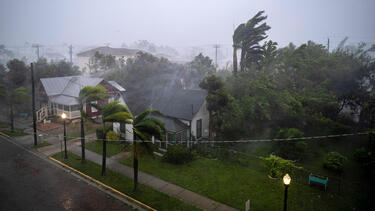Finance
The Corporation Is Centuries Older than We Thought
The genesis of the joint-stock company is usually traced to the founding of the English East India Company and the Dutch East India Company around 1600. New research co-authored by Prof. William Goetzmann says this origin story may be off by centuries.

Our Most-Read Stories of 2024
This year, faculty and alumni experts helped us understand issues including the expanding role of AI in our society, the new space economy, the impact of gender in the workplace, the keys to financing a greener economy, and the psychological quirks that lead us toward irrational economic choices.

Investors Care About ESG-Related News—When It Impacts Returns
A new paper co-authored by Professor Edward Watts examines how retail investors weigh news about a public company’s environmental, social, and governance activity.

Settling the Debate on Whether Green Investing Pays
In a new study, Yale SOM’s Theis Jensen and his co-authors find that the return from green investments relative to brown ones is slightly negative—which is actually good news for the planet.

Swings in Building Permits Can Help Predict Financial Downturns
Yale SOM’s Cameron LaPoint and his co-author painstakingly assembled a century of local building permits. Again and again, they found, peaks in the issuing of permits preceded periods of economic turmoil.

Why It’s Harder for Women Founders to Get Venture Capital Funding
A new study co-authored by Yale SOM’s Heather Tookes shows that women are less likely to get funding compared to men with similar entrepreneurial history. One reason is that investors who have experienced a poor outcome from a woman-led startup shy away from other women founders—but benefitting from successes of women founders doesn’t lead them to invest more.
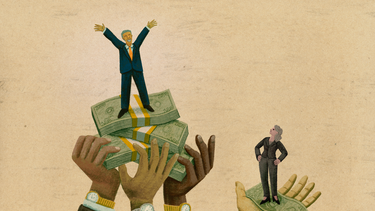
Do Nudges Help Americans Save for Retirement? Not as Much as We Thought.
Two decades ago, Prof. James Choi’s research suggested that automatic enrollment and escalation and could have a sizeable impact on savings. Now he and his co-authors have looked at these programs again and found that under real-world conditions, the effect on savings is much smaller than expected.
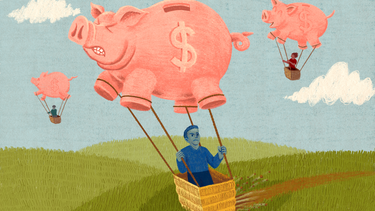
What Will It Take to Make Housing More Affordable?
We asked Prof. Cameron LaPoint, whose research interests include real estate and household finance, if Kamala Harris’s proposal can make a difference.

The Fed Is Cutting Rates Soon. Should I Wait to Get a Loan?
Many homebuyers and other borrowers incorrectly believe that they get a lower rate by waiting until a cut becomes official, according to Prof. Kelly Shue. This misconception is so widespread that it can undercut the effectiveness of Fed monetary policy.
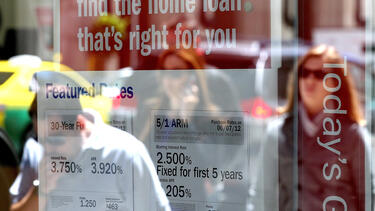
Trump Is Already Rattling the Stock Market
Professor Jeffrey Sonnenfeld, co-author Steven Tian, and investor and analyst Whitney Tilson write that the pattern is familiar from Trump’s term in office, when his remarks frequently swayed markets—usually for the worse.
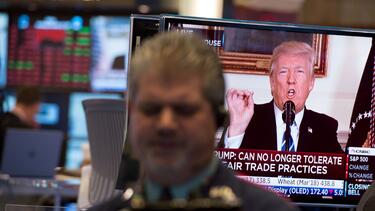
A Loan Program Can Help Close the Green-Building Gap
In a new study, Prof. Cameron LaPoint and his co-authors weigh the positives and negatives of a lending program that puts climate resiliency upgrades within reach of financially constrained homeowners.
